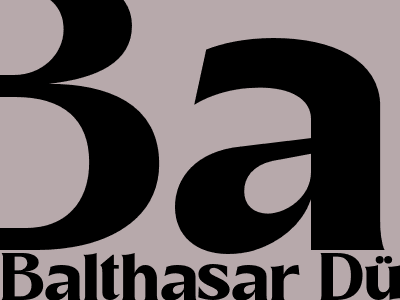
Balthasar Düring und die Kirchenreform: How the Reformation Came to Coburg
Introduction
The Reformation was a major religious movement that began in Europe in the early 16th century. It led to the establishment of Protestantism, a new Christian movement that broke away from the Catholic Church. One of the key figures in the Reformation was Balthasar Düring, a German theologian and reformer who played a major role in bringing the Reformation to the Coburg region.
Düring's Early Life and Education
Balthasar Düring was born in 1490 in the town of Coburg, Germany. He studied theology at the University of Erfurt, where he was influenced by the teachings of Martin Luther. In 1518, Düring was ordained as a priest and became a chaplain in the Coburg court.
Düring's Role in the Reformation
In 1523, Düring openly declared his support for Luther's teachings. This made him a target of persecution by the Catholic authorities. In 1524, Düring was forced to flee Coburg and went into exile in Saxony. While in exile, Düring continued to write and preach about the Reformation. In 1527, he returned to Coburg and became the pastor of the St. Morizkirche, the main church in the city.
The Reformation in Coburg
Under Düring's leadership, the Reformation quickly took hold in Coburg. In 1528, the city council officially adopted Lutheranism as the official religion of Coburg. Düring also introduced a number of reforms to the church in Coburg, including the use of German in the liturgy and the abolition of compulsory celibacy for priests.
Düring's Later Life and Legacy
Düring continued to serve as pastor of the St. Morizkirche until his death in 1553. He was a prolific writer and preacher, and his works played a major role in the spread of the Reformation throughout Germany. Düring is considered one of the most important figures in the Reformation in Coburg, and his legacy continues to this day.
Conclusion
Balthasar Düring was a key figure in the Reformation in Coburg. His work helped to bring the Reformation to the region and to establish Lutheranism as the official religion of Coburg. Düring's legacy continues to this day, and he is considered one of the most important figures in the history of the Reformation.